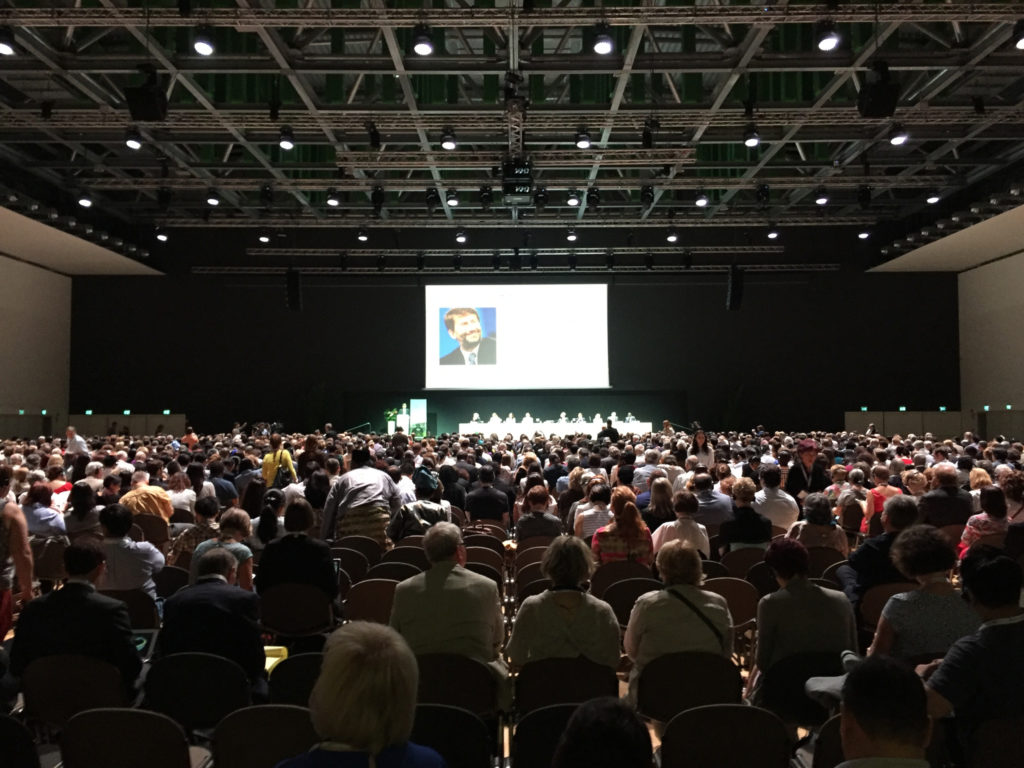About ICOM

The International Council of Museums (ICOM), created in 1946, is the world organisation of museums and museum professionals. ICOM is committed to promoting and protecting natural and cultural heritage, present and future, tangible and intangible. With more than 30,000 members in 136 countries, the ICOM network is made up of museum professionals from a wide range of museum- and 02heritage-related disciplines.
ICOM promotes standards of excellence in the museum field, in particular through its ICOM Code of Ethics for Museums, a standard-setting tool for museums, which includes basic principles for museum governance, the acquisition and disposal of collections, and rules for professional conduct.
In order to carry out its activities, ICOM partners with entities such as the World Intellectual Property Organization, INTERPOL, the World Customs Organisation, ICCROM, and maintains its long-standing collaboration with UNESCO. ICOM’s activities include fighting illicit traffic in cultural goods and promoting risk management and emergency preparedness to protect world cultural heritage in the event of natural or man-made disasters.
The UNESCO-ICOM Museum Information Centre, created in 1946, gathers the most comprehensive collection of ICOM publications including ICOM News, ICOM Red Lists, publications by ICOM’s
committees, and conference proceedings.
ICOM’s commitment to culture and knowledge promotion is reinforced by its 31 International Committees, which are dedicated to a wide range of museum specialities and conduct advanced research in their respective fields for the benefit of the museum community. The organisation’s International and National Committees, Regional Alliances and Affiliated Organisations hold conferences and symposiums worldwide that revolve around pre-defined themes with a view to fostering exchange among museum professionals of all nationalities. In addition, ICOM organises International Museum Day each year, a worldwide event held around 18 May, to increase public awareness of the role of museums in developing society.